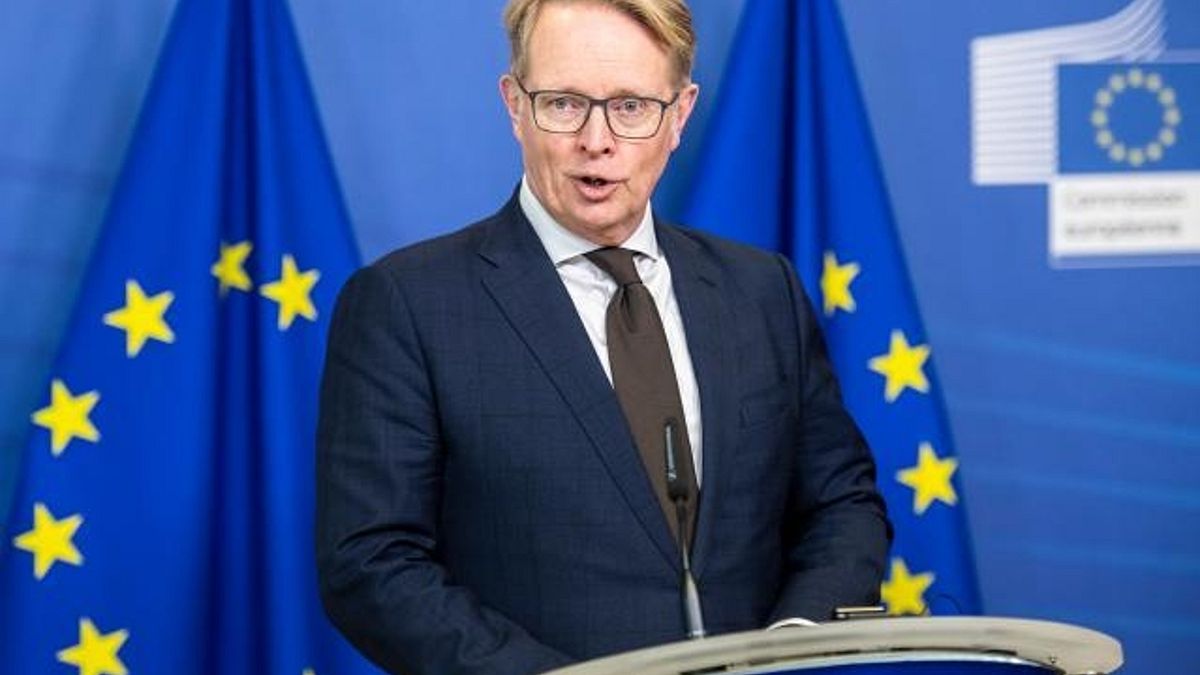Irregular crossings of EU borders have decreased by over a third in 2024 so far, marking a significant shift in migration patterns. Despite this decrease, NGO ships rescuing migrants in the Mediterranean Sea have been criticized for allegedly encouraging departures. However, Frontex director, Hans Leijtens, stated that the agency’s main priority is to save lives on land and at sea, rather than serving as a pull factor for migrants.
Leijtens emphasized that Frontex agents have taken an oath to serve and protect, and the agency is committed to fulfilling this promise. The director’s approach to migration starkly contrasts with a confidential agency document on migration routes from Libya to Europe, which has been used by the Italian government to criticize the activities of NGOs. Leijtens’ focus on respecting the fundamental rights of migrants has been noted by several members of the European Parliament.
In the first seven months of 2024, irregular crossings of European borders have decreased by 36%, particularly on the Balkan and Central Mediterranean routes. However, there has been a significant increase in landings on the Canary Islands and entries from Belarus to Baltic countries. This shift in migration patterns reflects the changing dynamics of migration in Europe.
The UN refugee agency’s data for 2023 shows that refugees and asylum seekers arrived in Europe in record numbers last year, highlighting the ongoing challenges facing the continent. Despite the decrease in irregular crossings, the overall situation remains complex, requiring a comprehensive approach to address the various factors contributing to migration.
As Frontex continues its efforts to manage EU borders and protect migrants, the agency faces criticism and scrutiny from various stakeholders. Leijtens’ emphasis on saving lives and respecting fundamental rights signals a shift in priorities for Frontex, setting the stage for a more nuanced approach to migration management in Europe. With ongoing challenges and changing migration patterns, collaboration between EU member states and agencies like Frontex will be crucial in addressing the complex issue of migration in the region.








